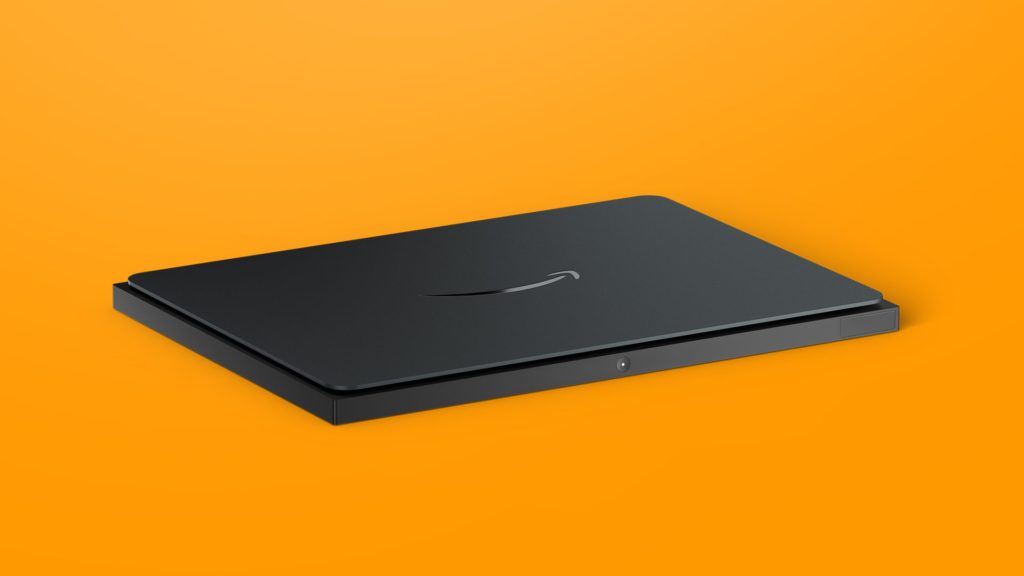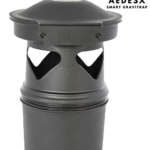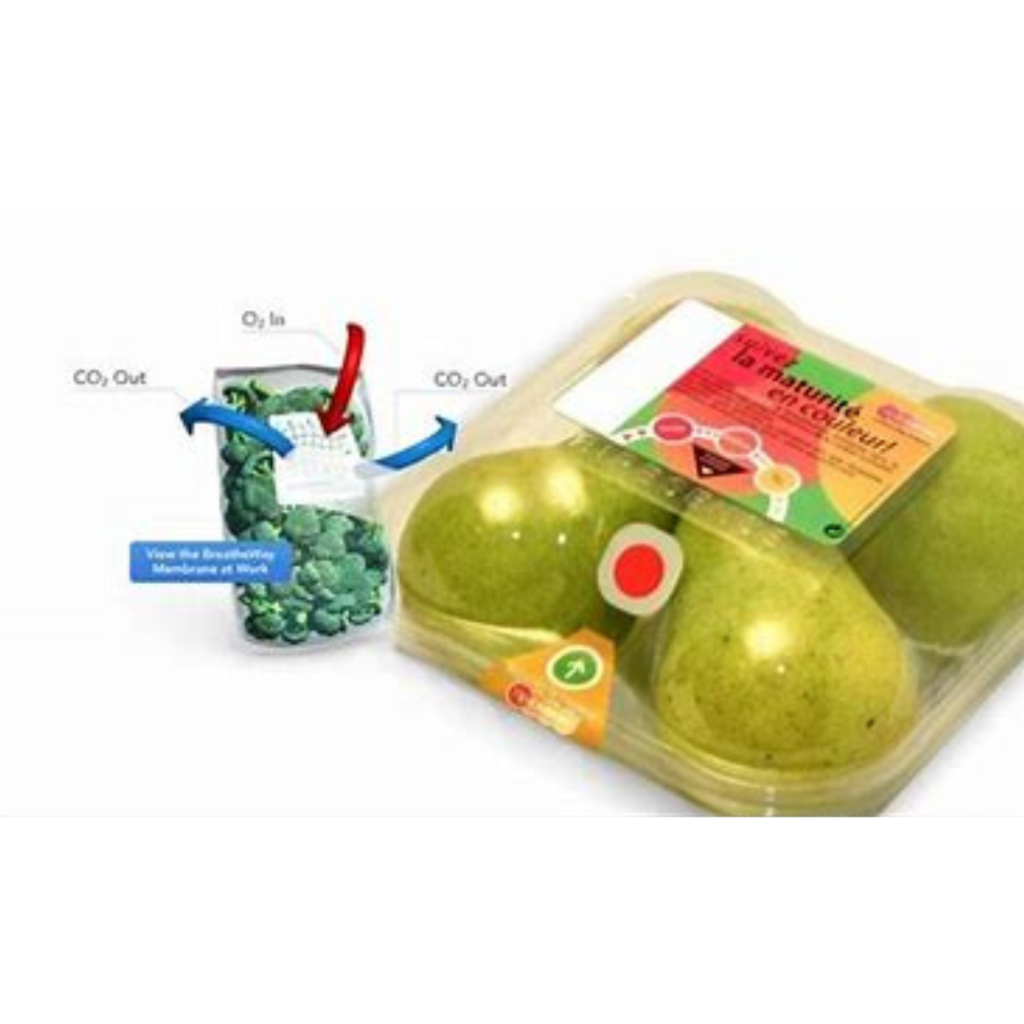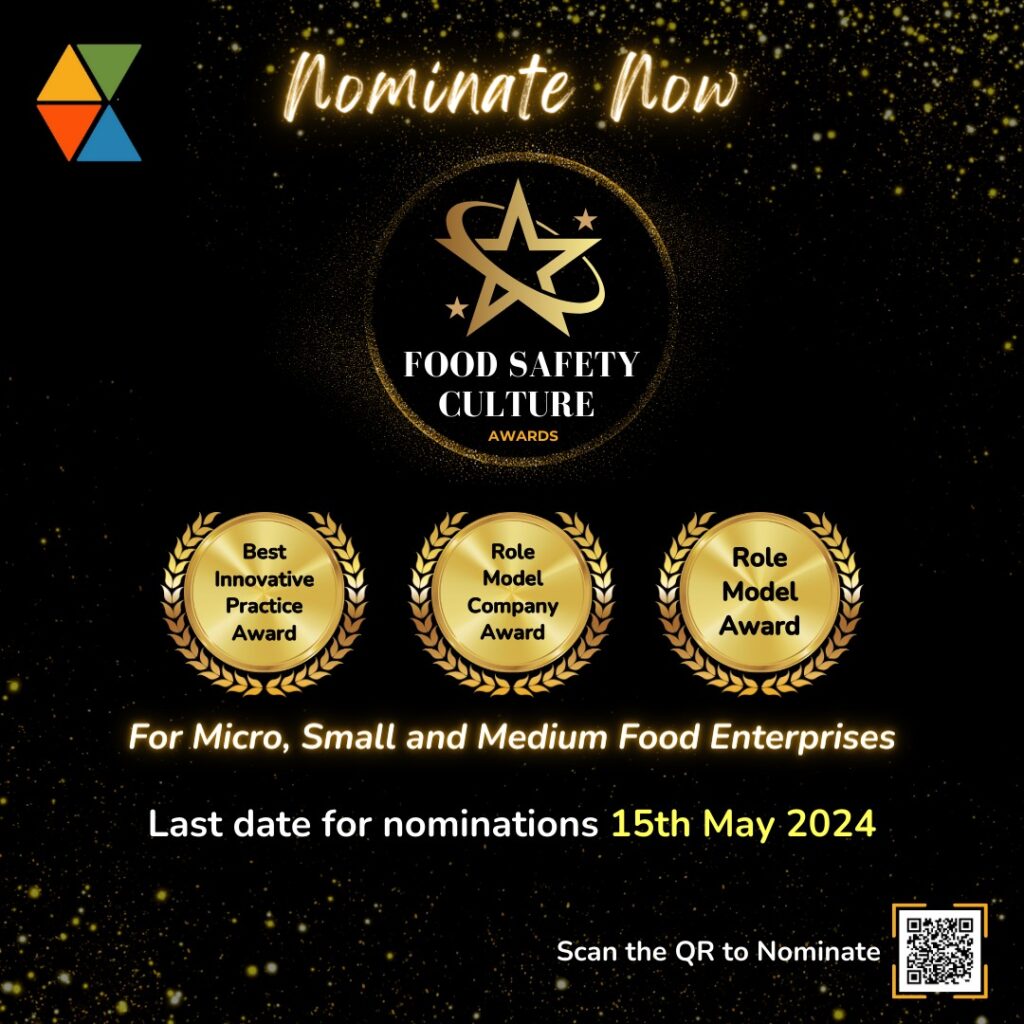In October 2020, Amazon launched Dash Smart Shelf, an auto-replenishment scale for the workplace and home. The scale connects using the in built Wi-Fi and can order supplies when the stock is running low. While this is a great feature and helps keep the pantry stocked up (which is understandable since Amazon wants to sell you more and they don’t want to loose an opportunity for you to consume something), the solution could have been made a lot more useful for food establishments with a slight tweak.
Food service businesses always struggle with the issue of managing FIFO (first in first out) with the store inventory and what would really help is to solve that problem. While issuing the raw material from the store, the store managers intuitively pick up something from the front and give it out. This would work if the person stacking the products is diligent about putting the newer inventory behind the old one. But this usually gets ignored. The outcome of this is expired products lying around deep inside, which if detected results in food wastage and undetected poses a huge hazard.
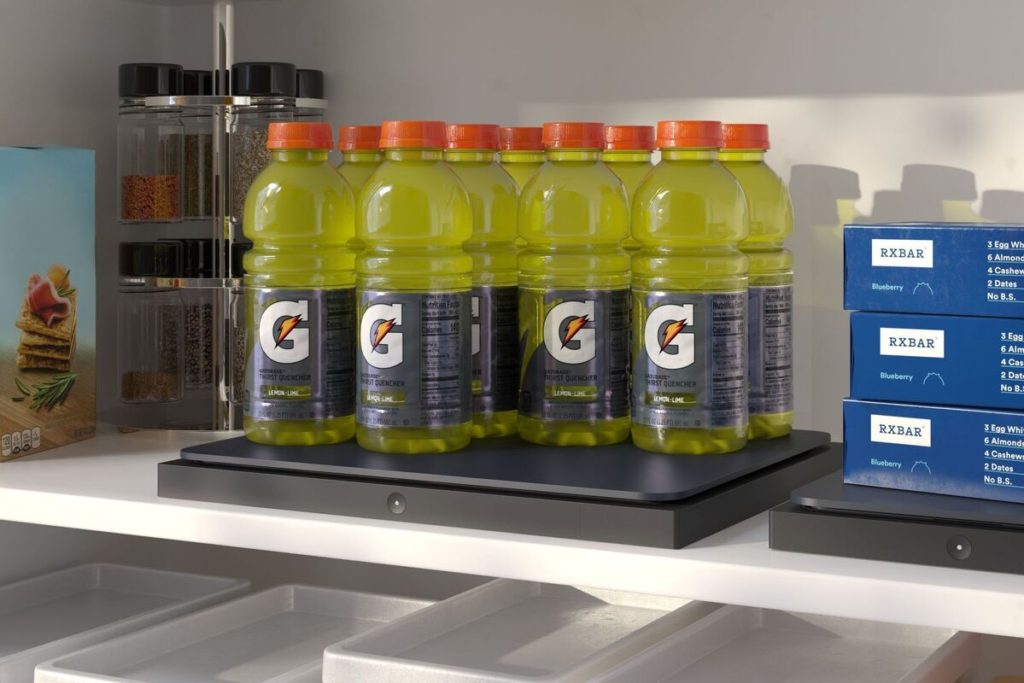
What we would have really liked is to have a RFID reader on the shelf as well. So in addition to keeping track of the number of items in inventory, it could have been used to detect the age of the product. When a product is picked up from the shelf, it can detect if that product is newer than any of the products sitting on the shelf. If that be the case, it can show a visual indication (as simple as an LED light glowing RED) that another product should be picked up instead. This would make it really easy for the store manager to make the right choice and save him time trying to figure out which product must be issued.
Restaurants loose about 30,000 Kgs of food every year due to expiry. Added to this is the fines and business lost due to customer holding back orders because expired products were found on the premises during inspection. A solution to help them solve this problem would really add money back into the pocket of the food business operators.

Author: Ramesh is a technologist, with a passion for using technology to solve operational problems. He believes in designing for usability and is happy to work with anyone who can help him solve these problems. He is also the COO at Food Safety Works. You can also check out his earlier article on starting your own food business.

